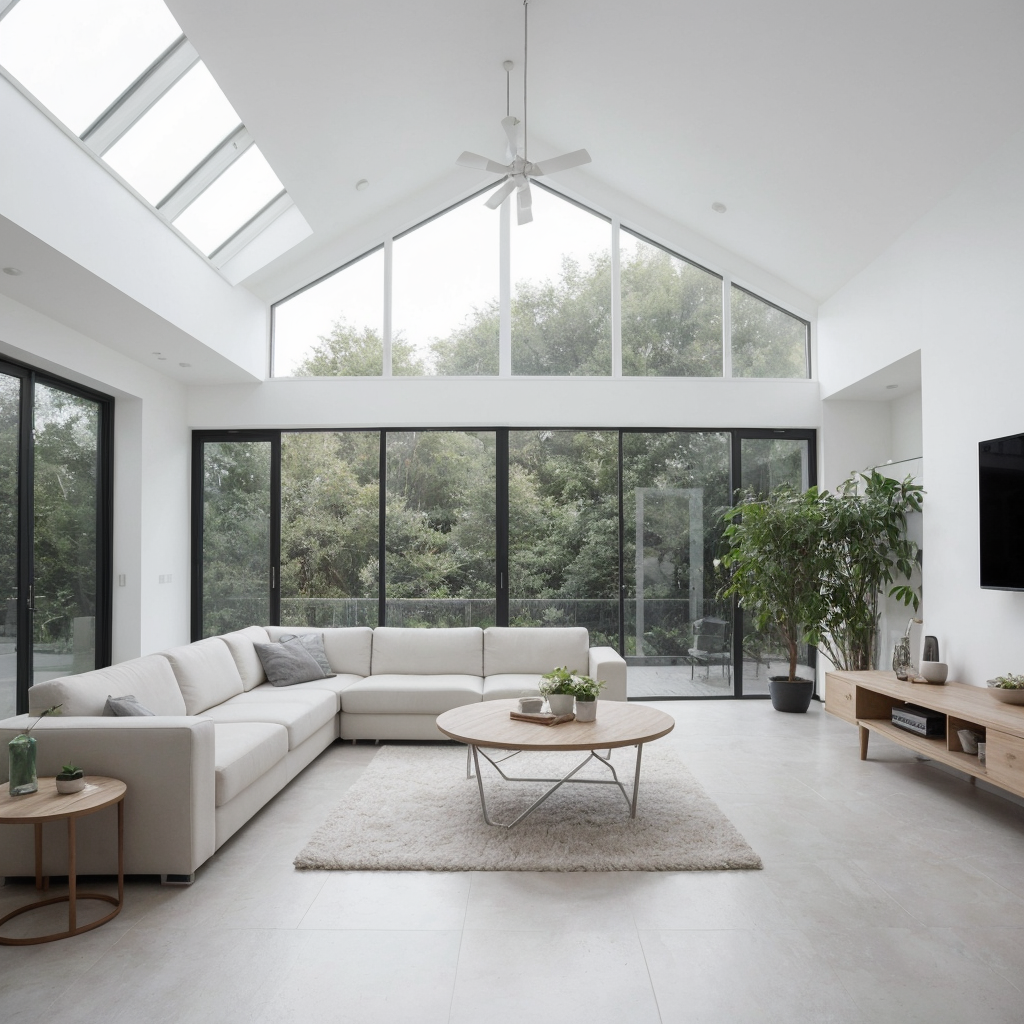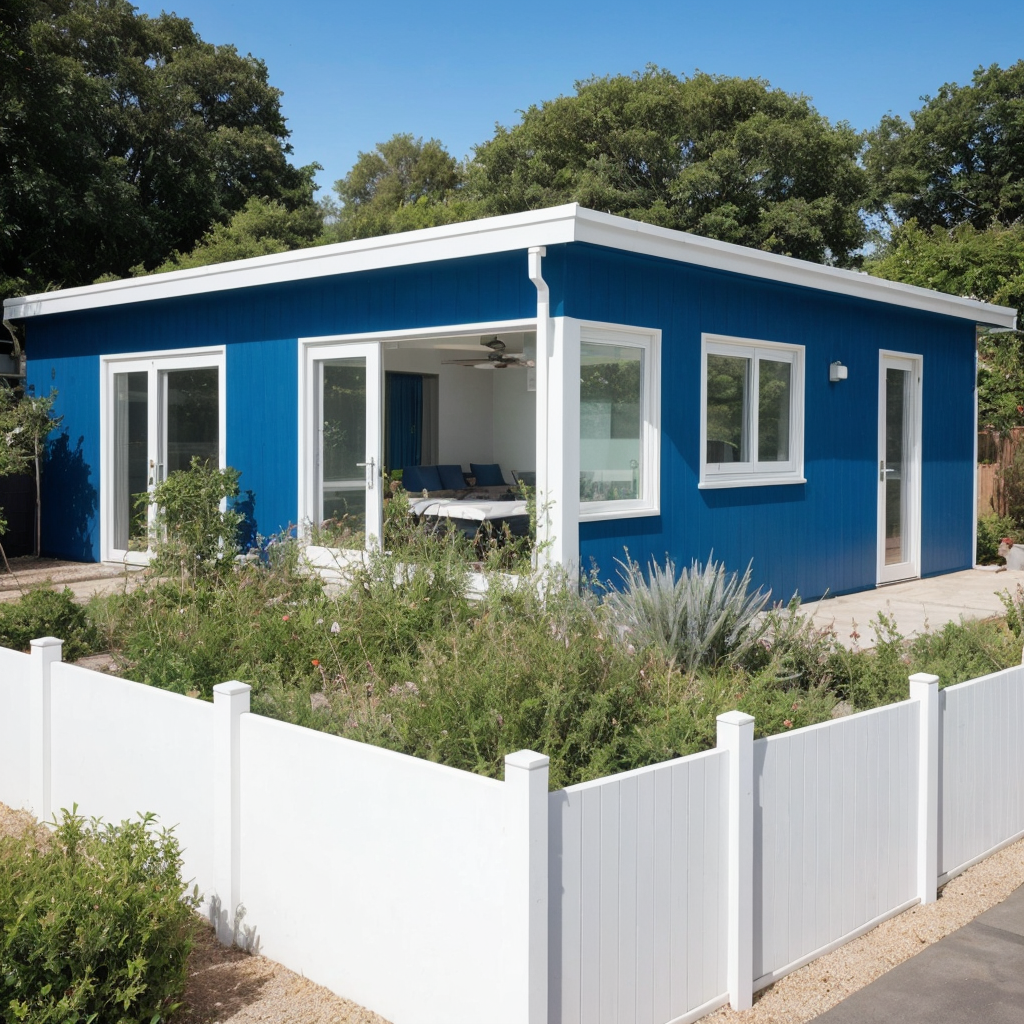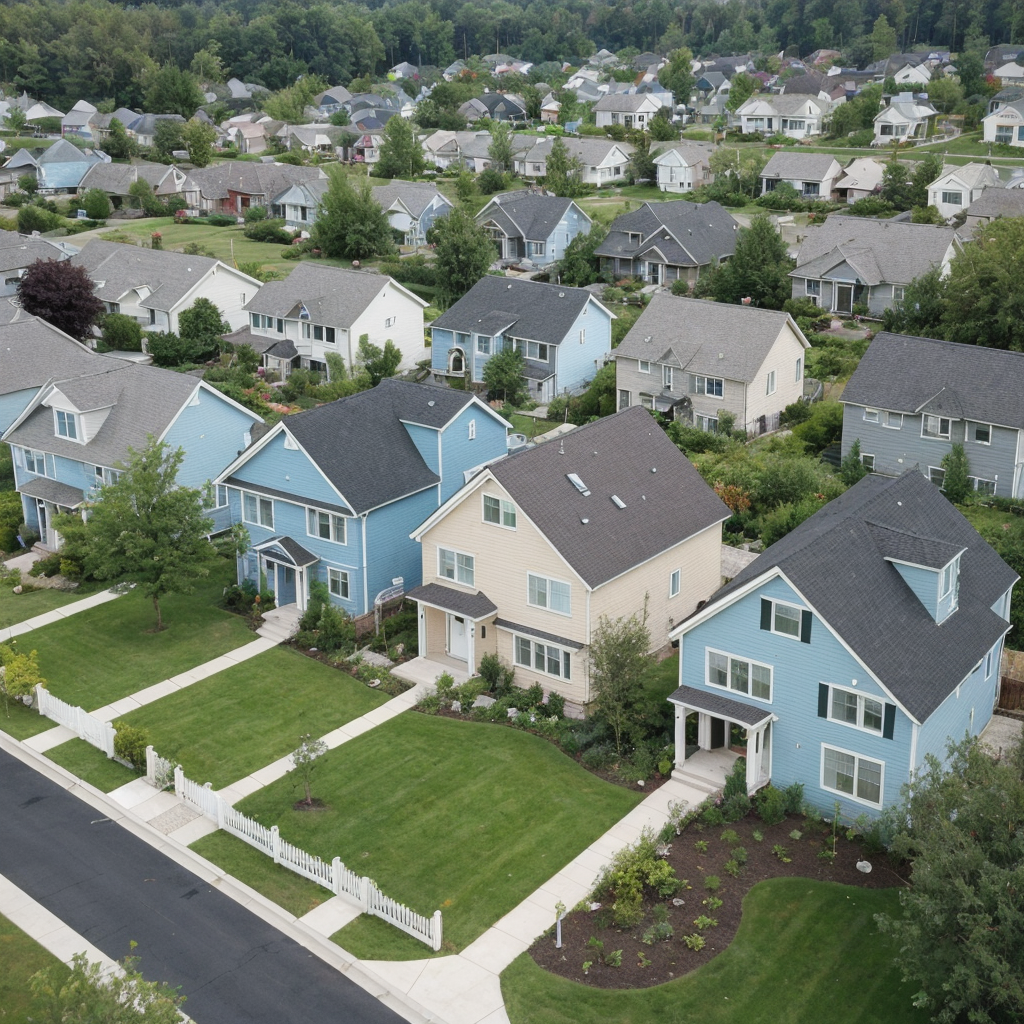In a world increasingly conscious of environmental sustainability, the materials we choose in our daily lives matter more than ever. Polyvinyl Chloride, commonly known as PVC, is one of the most versatile and widely used plastics in industries ranging from construction to healthcare.
At Coastal Custom Products, we are committed to reducing our environmental footprint, and one way we achieve this is by advocating for and utilizing recycled PVC in our products. This blog explores the significant environmental benefits of recycled PVC and underscores our commitment at Coastal Custom Products to a greener planet.
What is PVC?
Polyvinyl Chloride (PVC) is one of the oldest synthetic materials, with its production dating back to the 1920s. It is a type of plastic that is distinguished by its durability, resistance to environmental degradation, and versatility. PVC comes in two basic forms: rigid and flexible. The rigid form of PVC is used in construction for pipes, doors, and windows, while the flexible form is used in plumbing, electrical cable insulation, and clothing.
Composition and Properties
PVC is synthesized from vinyl chloride monomers. The process involves the polymerization of these monomers, which results in a sturdy and chemically resistant material. Various additives are blended with PVC to enhance its properties:
Plasticizers
increase flexibility, crucial for applications requiring pliable material.
Heat Stabilizers
protect against thermal degradation during both the manufacturing process and the product’s usage.
UV Stabilizers
ensure durability under sun exposure, preventing material degradation.
Lubricants
aid in manufacturing by reducing friction.
Fillers
can enhance mechanical properties, such as rigidity and impact resistance, and can also make the production more cost-effective.
Benefits of Using PVC
PVC’s physical and chemical properties make it particularly beneficial in the construction sector:
Durability
PVC is known for its strength and longevity, resistant to weathering, chemical rotting, corrosion, shock, and abrasion. It is thus ideal for long-term applications in building exteriors, including windows, doors, and roofing.
Cost-Effectiveness
Compared to other materials like copper, iron, or wood, PVC offers a cost-efficient alternative due to lower material costs and reduced maintenance requirements.
Fire Resistance
PVC materials are self-extinguishing, which means that if ignited, the fire will not spread because the material actually extinguishes itself.
Energy Efficiency
PVC has excellent insulation properties that contribute to reducing the energy consumption of buildings. This is particularly advantageous in window frames and doors.
Water Resistance
It is impervious to moisture and is used extensively in areas exposed to moisture like kitchens and bathrooms, in forms such as plumbing fixtures and wall coverings.
Lightweight
PVC is relatively lightweight, which reduces its handling and installation costs, making construction processes quicker and safer.
Applications of PVC in Construction
PVC is utilized in various construction applications, showcasing its adaptability and effectiveness:
Piping and Plumbing
Over half of all PVC manufactured is used in piping for waste water, water supply, and irrigation due to its non-corrosive nature.
Windows and Doors
PVC is often employed in window frames and doors because it does not warp, rot, or rust, unlike traditional materials such as wood and metal.
Flooring
PVC flooring is durable, easy to install, and available in numerous styles and colors.
Roofing Sheets
PVC roofing sheets are lightweight, strong, and resistant to extreme weather conditions, making them ideal for buildings.
Environmental Impact
While traditional PVC production has environmental drawbacks, notably in terms of chemical pollution and disposal challenges, the construction industry is increasingly turning towards recycled PVC to mitigate these effects. Recycled PVC retains the beneficial properties of virgin PVC but with a significantly lower environmental footprint.
Understanding PVC’s comprehensive benefits in construction underscores its role as an indispensable material in modern building practices. Its versatility not only provides practical solutions across various applications but also enhances the sustainability of construction projects when recycled materials are prioritized.
Conclusion
PVC’s role in the construction industry cannot be overstated. Its durability, cost-effectiveness, and versatile properties make it an ideal choice for a variety of building applications, from piping and windows to roofing and flooring. As environmental awareness increases, the focus on using recycled PVC helps mitigate the environmental concerns associated with its production and disposal. Coastal Custom Products is committed to leading this change by providing high-quality recycled PVC options, demonstrating that economic and environmental benefits can go hand-in-hand.
At Coastal Custom Products, we understand the importance of sustainable materials in the construction industry. We encourage builders, architects, and developers to consider the advantages of using recycled PVC in your next project. Explore our range of PVC-based construction materials that promise not only top performance but also contribute to environmental sustainability. Contact Coastal Custom Products today to learn more about our sustainable solutions and how we can support your construction needs. Together, we can build a more sustainable future, one project at a time.



